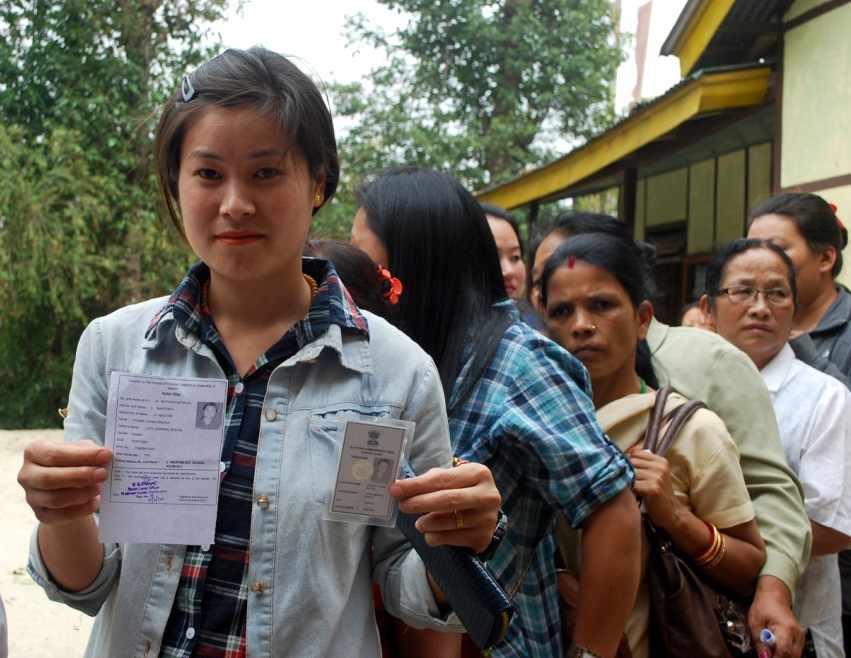On a recent trip to Jakarta, I detected a palpable sense of excitement and support for the city’s current governor, Joko Widodo, who is vying for president in the upcoming election—and who has already proven to be a capable leader in many respects. A few days later, in India, I felt a similar vibe among Indian voters who were gearing up for their own impending national elections. Many in the business community seem to have their hopes pinned on Narendra Modi, the current Chief Minister of Gujarat, to become India’s next Prime Minister. What surprised me in both countries was the general public view that economic prospects hinge entirely on their respective victories.
I see these high expectations, particularly among the business community, as a sign of hunger for good leadership and better governance. The crux of the issue, as I see it, is that both candidates symbolize an end to the lackluster policymaking and slow implementation of important reforms of the past few years—such as land acquisition in the case of India. But, unfortunately, much less attention is being paid to the underlying fundamentals in these economies.
While the renewed hopes for fresh change in each election are understandable, excessive anticipation risks overstating the importance of such an event. It can also understate the process through which economic policies and reforms are initiated and implemented.
In Indonesia, the current administration has made some tough decisions on fuel subsidies, and the Bank of Indonesia seems resolute in striking the right balance between growth and inflation. In recent conversations with ministry officials, we detected a quiet sense of confidence despite the recent challenges that have faced the Indonesian economy. They reminded us that many senior officials and technocrats have lived through much worse during the Asian Financial Crisis of 1997—98, and are now battle-ready should issues arise.
In India’s case, its outgoing government has been trying to clear a logjam in approvals of investment projects. The newly created Cabinet Committee on Investment has been active in facilitating approvals for a variety of projects in the energy and infrastructure sectors. Furthermore, the political dialogue in the run-up to the current elections has been focused on issues like governance and economic development instead of social identity and welfare systems. The incoming government will find it hard to ignore the pressing need for stimulating growth through a more coherent and consistent set of economic policies.
So, this is all to say that, as voters queue up at the polls, I would caution against expectations of a quick fix or a fixation over the short term. As in much of the rest of Asia, India and Indonesia are attempting to tackle their issues and this makes us optimistic for the future. We look forward to an environment of better governance that is critical for both social and economic progress.
Opinion column by Sharat Shroff, CFA. Portfolio Manager at Matthews Asia
The views and information discussed represent opinion and an assessment of market conditions at a specific point in time that are subject to change. It should not be relied upon as a recommendation to buy and sell particular securities or markets in general. The subject matter contained herein has been derived from several sources believed to be reliable and accurate at the time of compilation. Matthews International Capital Management, LLC does not accept any liability for losses either direct or consequential caused by the use of this information. Investing in international and emerging markets may involve additional risks, such as social and political instability, market illiquidity, exchange-rate fluctuations, a high level of volatility and limited regulation. In addition, single-country funds may be subject to a higher degree of market risk than diversified funds because of concentration in a specific geographic location. Investing in small- and mid-size companies is more risky than investing in large companies, as they may be more volatile and less liquid than large companies. This document has not been reviewed or approved by any regulatory body.

